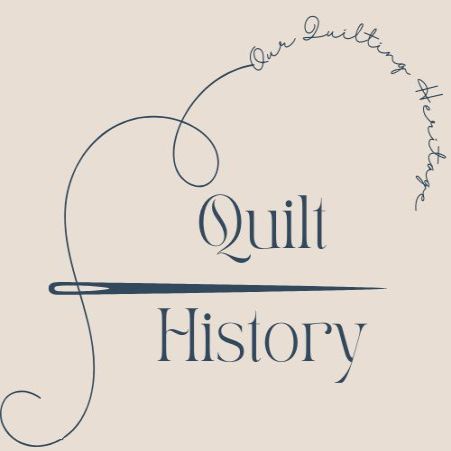Why should you have your quilt appraised? And what is an appraisal, anyway?
An appraisal is a written statement of value that is determined by a review of the market in which your textile will normally be sold. It is important that the appraiser know the purpose of the appraisal. The value of your textile may differ depending upon the reason for the appraisal.
Generally, an appraisal cannot be done by photograph. The appraiser needs to closely examine the actual quilt A number of factors are considered by the appraiser. These factors will most likely include:
- the purpose of the appraisal;
- the current market in the geographic area;
- the textiles overall appearance, particularly in the case of Art quilts, including wearables;
- the provenance including publications and awards;
- if available, the reputation of its maker;
- the quality of workmanship including the use of pattern, construction technique, embellishments, and, of course, the actual quilting itself.
- In the case of an antique textile, condition, repairs or restoration will be considered.
- Sentimental value is never a factor.
A Fair Market Quilt Appraisal
A Fair Market Appraisal is the amount a willing buyer would pay a willing seller, both being familiar with relevant facts concerning the textile and neither being forced to buy or sell. People wishing to sell a textile will seek this kind of appraisal. It is important to remember that a fair market appraisal is an opinion based on the individual appraiser’s knowledge and background and will reflect both the current market and the geographic area in which the textile is to be sold. It does not take into account the replacement cost or sentimental value of the quilt. It is not a guarantee of the selling price!
An Insurance Replacement Quilt Appraisal
An Insurance Replacement Appraisal is based upon how much it would cost to replace a textile with a similar one. You will hear this called ‘like and kind’. This means an insurance appraisal might find a similar textile on the open market and take that value as its replacement value. Or, an insurance value may include the amount needed to have the textile reproduced with like materials and workmanship. Either way, an insurance appraisal value is likely to be more than a fair market appraisal.
Many insurance companies require a written appraisal before accepting textiles as “scheduled property” on personal insurance policies. Without documentation of the value of your textile, you may simply be reimbursed for the value of the materials or the cost of a replacement blanket. You will need this kind of appraisal to file a claim should your quilt become lost or damaged.
A Tax Donation Quilt Appraisal
This appraisal is for someone who wants to donate a piece or to establish a value for a family for an equitable distribution of assets. This is often the same as a fair market appraisal. It is illegal and unethical for an appraiser to inflate the value of a textile for a tax deduction.
What is in a Quilt Appraisal?
An appraisal is a form that contains detailed information about the textile, the owner and the appraiser. At the minimum, it should contain:
- The name and address of the owner
- The name and/or pattern name of the textile
- Photos of the textile and any special characteristics (such as a label or awards);
- A physical description, including size, condition, materials used, construction technique, and workmanship
- The story of the quilt. This may be physical (receipts and so on) or simply family lore. It doesn’t necessarily affect the dollar value, but it may affect the emotional value.
- Information about the maker and their location, if known.
- The purpose of the appraisal and the value given
- The signature and qualifications of the appraiser
Choose an appraiser that is familiar with your type of textile. An ethical appraiser will tell you if they do not feel qualified to appraise your piece, or if it does not merit appraisal. It is unethical for an appraiser to charge a fee based on a percentage of value. Under normal circumstances, they will charge you a flat fee, usually in the area of $50.
The appraiser you choose should be familiar with the market in which your textile will normally be sold. An appraiser may be certified by a nationally recognized appraisal organization, and may be able to identify each detail of your textile, but may not know how to evaluate it for its worth. While it may seem obvious that a textile dealer is a good choice if you intend to sell the textile, this will incur a conflict of interest. Since the value of a textile will fluctuate with market changes, it is a good idea to repeat an appraisal every five years.
- AQS appraisers
- Professional Association of Appraisers
- American Society of Appraisers
- Appraisers Association
- Map Muse
